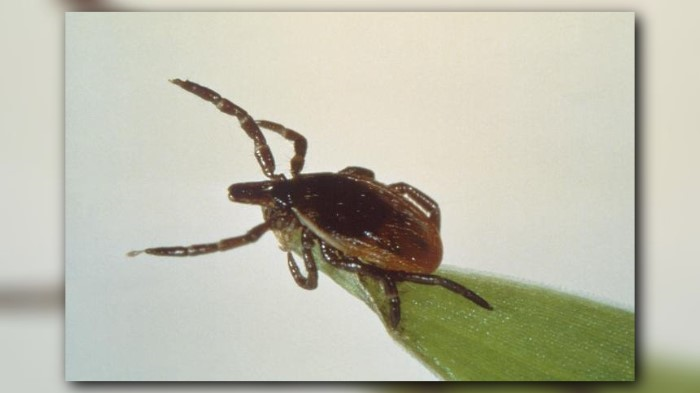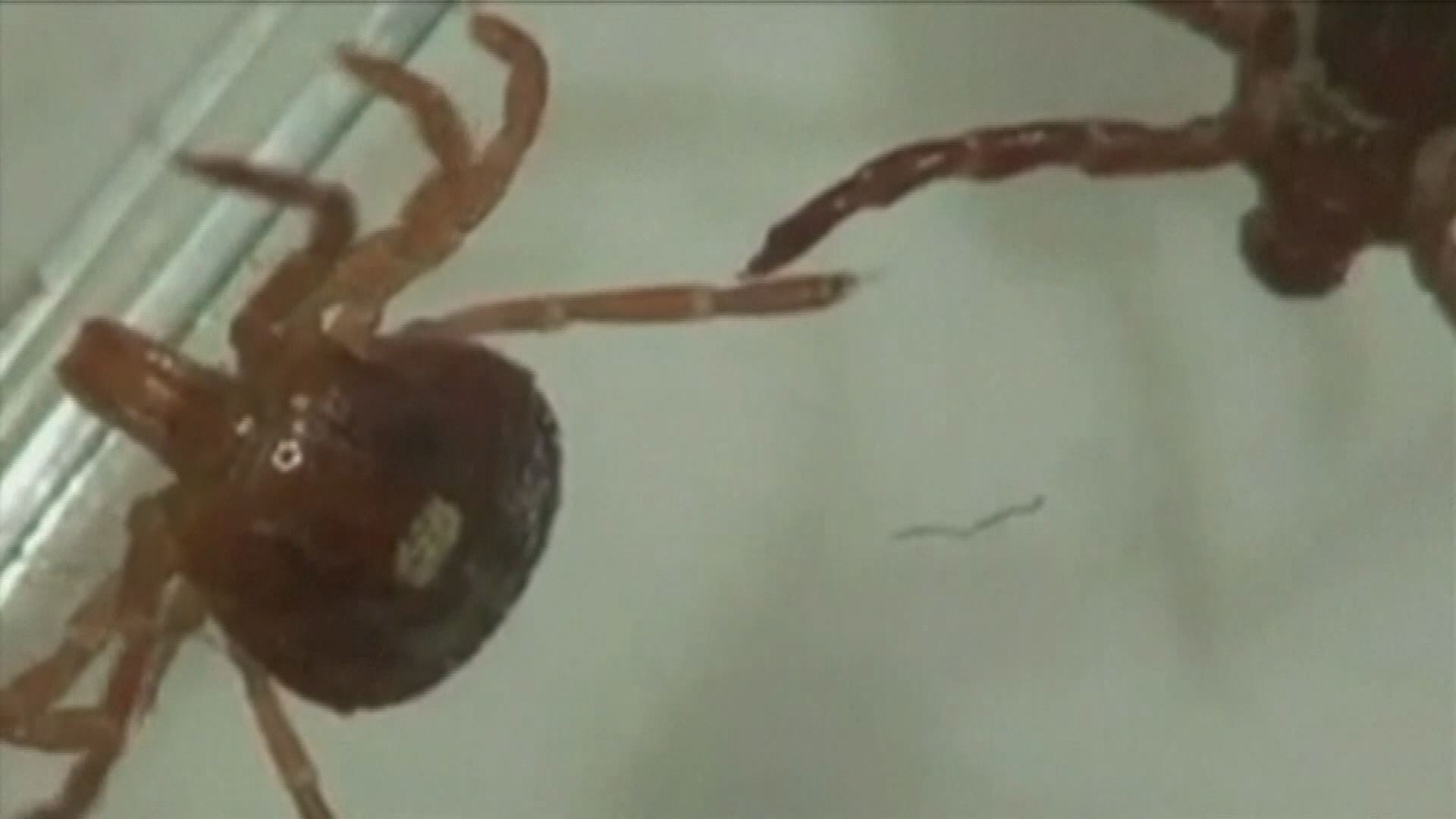ATLANTA -- Doctors are raising the alarm about a new and potentially deadly tick-borne illness spreading across the country.
It's called the Powassan virus. It's carried by the same tick that carries Lyme disease. If you're going to spend any time outside this summer, doctors say you need to learn what to look for.
Tick-borne illnesses are on the rise across the country. It's not just a disease of certain regions anymore like it used to be a decade ago.
In Oregon, about 40 or 50 cases of Lyme disease annually have been reported for the last six years, according to the state Public Health Division. Throughout the early 1990s, there were only a handful of cases.
Most cases now are diagnosed in summer months, the highest in June.
In 2015, there were 120 cases of Lyme disease in dogs, the agency reported.
According to the Georgia Department of Health, no cases of the Powassan virus have been reported in this state yet, but that could change soon, Dr. Taz Bhatia said.
“We haven't seen Powassan yet, but to be completely honest, we haven't been testing for Powassan,” she said. “So now that it's on our radar, if it matches to those symptoms of fever, vomiting, weakness, we'll be looking for it and testing for it, and seeing what we can do.”

The virus, which is carried by the deer tick spreads when the tick burrows in to the skin.
“Powassan virus might be a more serious, more deadly version of Lyme disease,” Bhatia said. “It can cause meningitis, which is an infection of the brain, it can cause encephalitis, which is a swelling of the brain, and it's often associated with a fever, or vomiting, weakness.”
Cases of Powassan have been reported in the northeast and the Great Lakes region in the U.S. There is no cure yet.
“If you see a tick on you, you can use very thin tweezers to remove the tick in its entirety, the whole tick, and then save it in a plastic bag,” Bhatia said.
Bhatia said you want to save the tick so if you develop symptoms, it can be tested.
According to the Centers for Disease Control and Prevention, it could also be a bad season for Lyme disease. On average, there are about 300,000 cases of it each year. Due in part to the mild winter, the CDC expects that number to go up because more deer and mice survived. Both are carriers of ticks.
She said the number of tick bites already reported this year is alarming and it's only May. It's important to be aware that this summer may be one of the highest tick summers ever and to take preventive and precautionary measures.
Ticks are small and hard to sot, which makes them hard to kill.
"They're hard to treat, you can't just go out and spray large areas for ticks -- it's environmentally dangerous because of the chemicals you'd have to use," said Matt Smith, director of Sarasot County Mosquito Management.
According to Bhatia, there are 3 things you can do to protect yourself outside:
1) wear insect repellent, particularly a brand that has the chemical picaridin in it.
2) wear long sleeves and pants
3) avoid areas entirely that have heavy brush or long, unkempt grass - that's where you're most likely to get bit.


